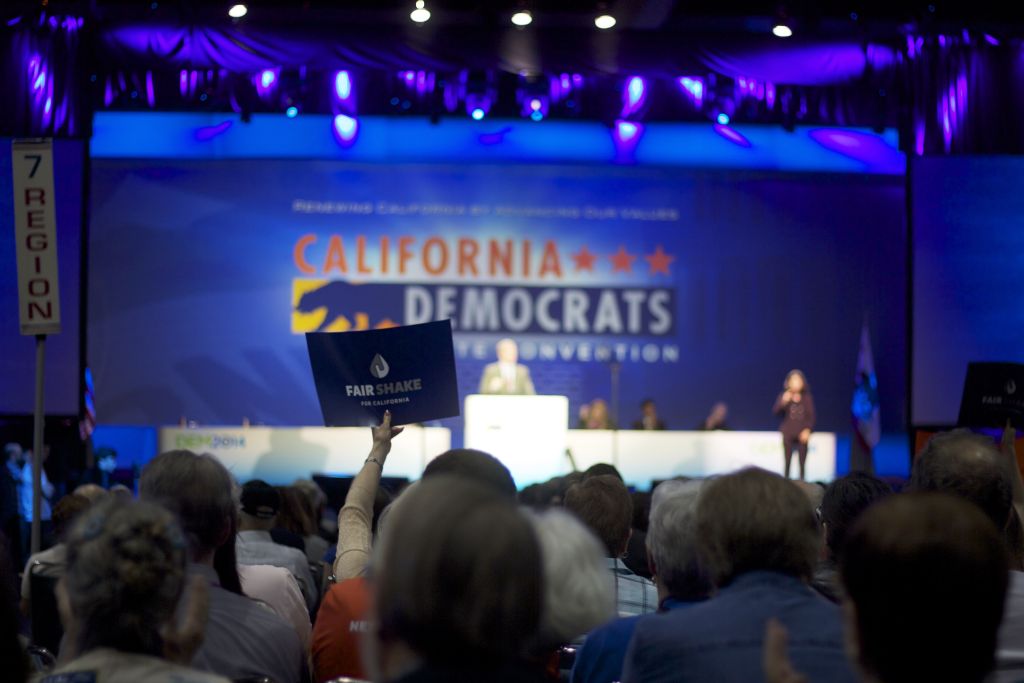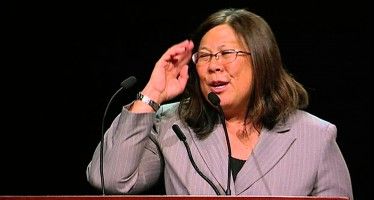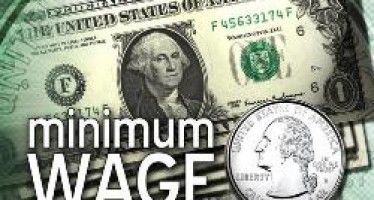CA Democrats spend $90M in same-party races
 A new report tallying the costs of running against members of your own party revealed that Golden State Democrats spent big in 2016 on races without a Republican.
A new report tallying the costs of running against members of your own party revealed that Golden State Democrats spent big in 2016 on races without a Republican.
This year, “Democrats raised or spent a total of $90.8 million on same-party races — a 67 percent increase from 2014 when Democrats spent $54.3 million,” according to the study, citing data from the California Secretary of State, California Fair Political Practices Commission and Federal Election Commission, and issued this week by Forward Observer. “The average budget for a same-party race between Democrats was $3.95 million in the 2016 cycle, up 30.7 percent since 2014,” the last year in the Congressional election cycle.
That means Democrats are now spending massive sums of money against other Democrats in political races due to the passive of Proposition 14, the California top-two primary law which went into effect in 2012.
Those figures struck a sharp contrast to spending for similarly situated candidates in the California GOP, which spent far less over the same two-year period. Those state Republicans “raised or spent $2.76 million on same party races in 2016,” Forward Observer observed. “This is a sharp decline (approximately 84 percent) in spending on same-party races since 2014, when Republicans spent $17.2 million.” One key to the big divergence between Democrats and Republicans, the report noted, was the lack of any Republican-on-Republican competition for a seat in the state Senate or the U.S. House of Representatives.
Jungle primaries
Intraparty fights between Democrats attracted more outside spending this year. $339,000 went “to support Assemblywoman Nora Campos, D-San Jose, who is running against state Sen. Jim Beall, D-San Jose, in the 15th Senate District,” as the Sacramento Bee reported earlier this year, while “several hundred thousand dollars” went to “help former Assemblyman Raul Bocanegra or oppose the incumbent, Assemblywoman Patty Lopez, D-San Fernando, in Los Angeles County’s 39th Assembly District.”
“And in the Inland Empire, a campaign committee funded by the grocery workers union has spent $75,000 to support Eloise Gomez Reyes, the Democrat running to unseat Assemblywoman Cheryl Brown, D-San Bernardino, in the 47th Assembly District.”
For Democrats, the shifting political sands have complicated what was seen by some as an implicit advantage in the so-called “jungle primary” system California voters ushered in six years ago through Proposition 14. That initiative inserted a constitutional amendment to afford Californians a single, nonpartisan primary election, pitting the top two vote-getters, regardless of party, against one another in the general election. But instead of making candidates’ lives easier — and the Democratic party’s — Prop. 14 has appeared to have cost them, demanding higher expenditures. “Democrats have spent a total of $194.2 million on same-party races since Prop. 14 first went into effect in 2012,” Forward Observer concluded. “Republicans have spent $34.5 million over the same period. Thus, for every dollar spent or raised by Republicans, $5.64 was raised or spent by Democrats.”
Ideological Fights Within the Democratic Party
Another effect of the new system, harder to quantify but possibly more serious, has been a sharpening differences between the more moderate and more progressive wings of the party, sparking sometimes thorny disagreements that could have been soften had all candidates vying for office run against Republican opponents. In some cases, such as Kamala Harris’ race against Loretta Sanchez, the challenger was too weak to force a bruising battle over political agendas. In others, however, a more moderate non-incumbent drew a clear line on policy and was rewarded at the ballot box. Last year, for instance, Orinda Mayor Steve Glazer — a former aide to Gov. Jerry Brown who pitted himself against the BART strike and won support from Chuck Reed, the ex-San Jose Mayor spearheading public pension reform — bested Assemblywoman Susan Bonilla, D-Concord, the far more liberal Democrat who initially had been widely expected to win the race to replace outgoing state Senator Mark DeSaulnier.
Related Articles
Controller Betty Yee publishes salary data for cities, counties
Public employees at California cities and counties took home more than $36 billion in compensation last year, according to new
Minimum wage activists set sights on L.A.
The concerted push for higher minimum wages in California has spread from the East Bay to Los Angeles. On the
Will Brown’s brown lawns cause brownouts for summer 2015?
On April 1, Gov. Jerry Brown ordered mandatory 25 percent cutbacks in urban water usage over the next nine months




